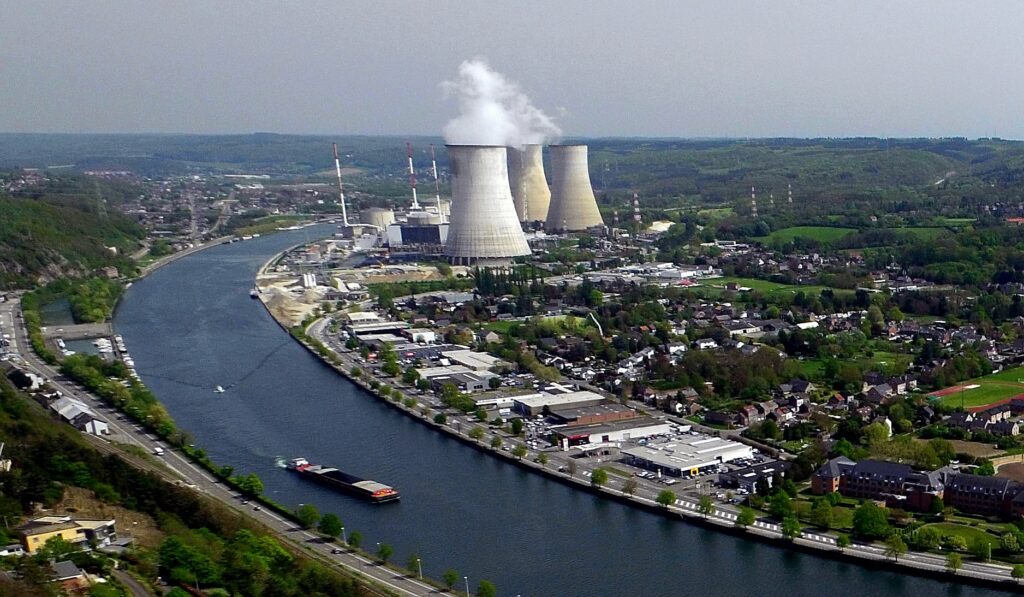Belgium's Federal Government and energy giant Engie have reached an agreement on the lifespan extension of the Doel 4 and Tihange 3 nuclear power stations, announced Federal Energy Minister Tinne Van der Straeten on Sunday.
Two nuclear power stations will be kept open longer to ensure that the security of the energy supply is not compromised in the coming years. That had already been decided before, but the Federal Government and operator Engie then negotiated the precise conditions for months.
Now, a final agreement on all technical details has been reached by the so-called "core" government (the Prime Minister and all Deputy Prime Ministers). It reportedly concerns a document of 1,500 pages.
"The deal is fully completed. A large number of documents still had to be approved, but also all the laws to implement those contracts," said Van der Straeten on Flemish television programme De Zevende Dag.
Completely on schedule
The deal now has to be submitted to the full government and to the Council of State. After that, everything still has to be approved by parliament and the EU. "But we are completely on schedule to get it all into parliament in time (and to have it completed before the elections in June)," she said.
Van der Straeten explained that this will not cost the taxpayer anything, as the authorities have set a maximum price for it. For example, a decision had to be made on who would pay for the disposal of the nuclear waste.
As a result of the nuclear phase-out law, Doel 4 and Tihange 3 will close in 2025. That phase-out law, however, was reversed to ensure that Belgium would not lose power. Proponents also pointed out the benefits for the climate, because nuclear power plants do not emit greenhouse gases, while the combustion of fossil fuels (gas, oil and coal) does.
In principle, Doel 4 and Tihange 3 (which are the two newest nuclear reactors in Belgium) should reopen on 1 November 2025 to get the country through the winter of 2025-2026.
Related News
- Battery farms, nuclear and gas: Belgium's energy strategy for future winters
- 'This is not impossible': Belgian PM wants 20-year nuclear reactor extension
- Europe's green future depends on saving the energy debate from a 'dogmatic sect'
Reopening a nuclear power plant is a technically complex matter and costs money, just as it will cost money to keep them open longer and manage the nuclear waste. The negotiations between Engie and the federal government lasted more than a year.
When asked whether it would not be best to immediately consider allowing the two nuclear power stations to operate for 20 years longer instead of 10 years, Van der Straeten replied that she finds such a debate "absurd" at the moment.
"Because you have to evaluate every 10 years whether nuclear power plants meet the safety requirements," she said. "Such a debate is for the next government."

